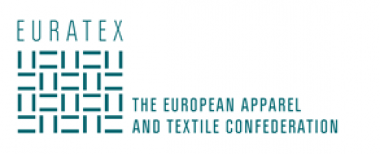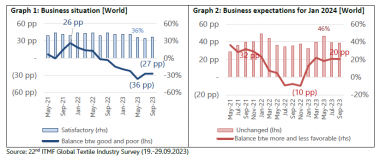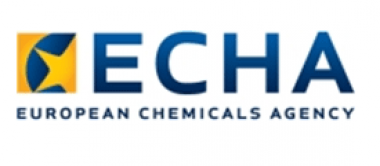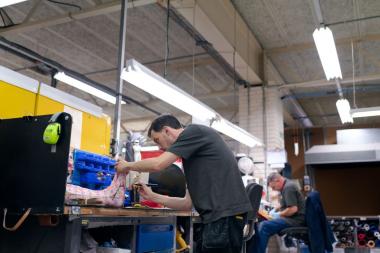Select Committee: Reset Economic Relationship with The People's Republic of China
The House Select Committee on the Strategic Competition Between the United States and the Chinese Communist Party, led by Chairman Mike Gallagher (R-WI) and Ranking Member Raja Krishnamoorthi (D-IL), adopted nearly 150 policy recommendations in a bipartisan report that outlines a strategy to fundamentally reset the United States' economic and technological competition with the People's Republic of China.
After the adoption of the policy recommendations on an bipartisan basis, Chairman Gallagher and Ranking Member Krishnamoorthi said, “With this report, the Select Committee has shown that the bipartisan will exists to meet the call of history. It embraces the clear reality that our current economic relationship with the People's Republic of China needs to be reset in order to serve the economic and national security interests of the United States, while offering nearly 150 bipartisan recommendations for Congress to legislate. Collectively, these recommendations will reset the terms of our relationship with the PRC, prevent the flow of American capital and technology from supporting its military advances and human rights abuses, and build collective economic resilience in concert with our allies and partners while ensuring American leadership for decades to come."
Members of the Select Committee spent the past year investigating the CCP's decades-long campaign of economic and technological warfare. The members define three key pillars that inform each recommendation and the United States' path to correct 30 years of misguided policy:
- RESET: Reset the Terms of Our Economic Relationship with the People's Republic of China.
- PREVENT: Stem the Flow of U.S. Capital and Technology Fueling the People's Republic of China's Military Modernization and Human Rights Abuses
- BUILD: Invest in Technological Leadership and Build Collective Economic Resilience in Concert with Allies
































